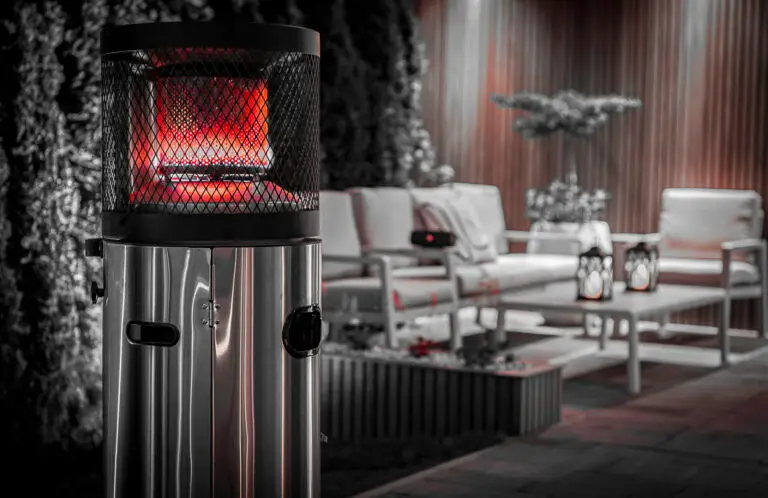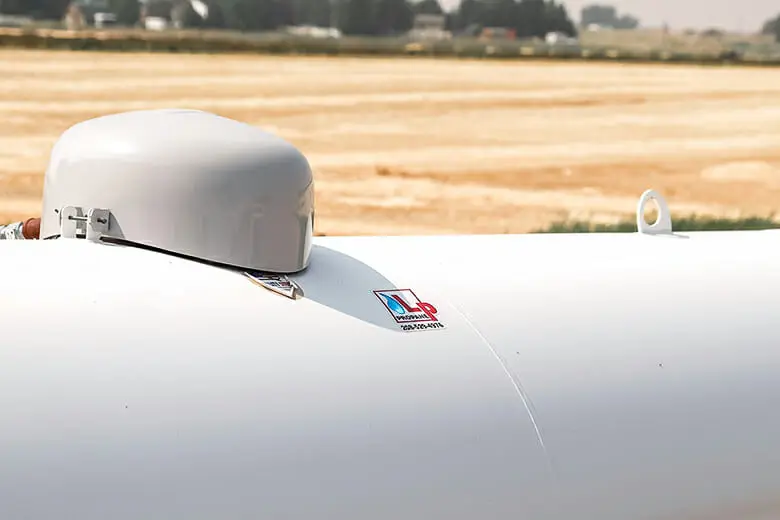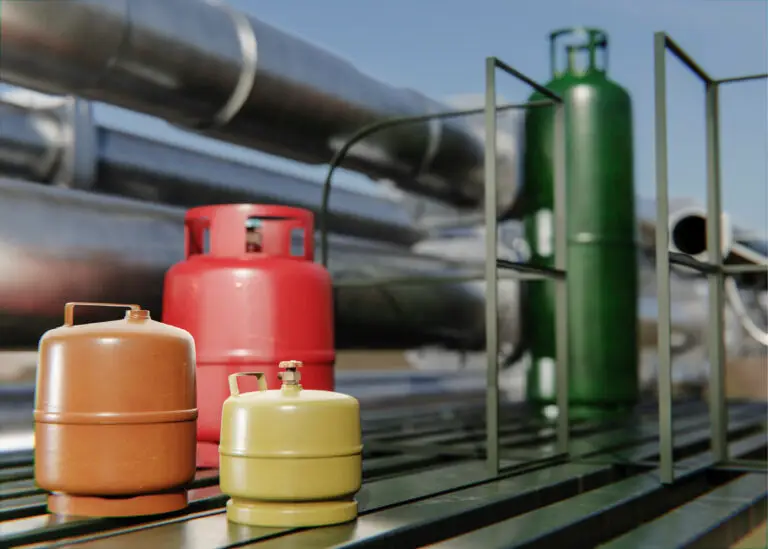
Stay Warm with a Forced Air Propane Heater
A forced air propane heater is an excellent solution for heating large spaces quickly and efficiently. Whether you’re heating a warehouse, garage, or your home, forced air propane heaters deliver powerful, consistent warmth. LP Propane provides reliable forced air propane

